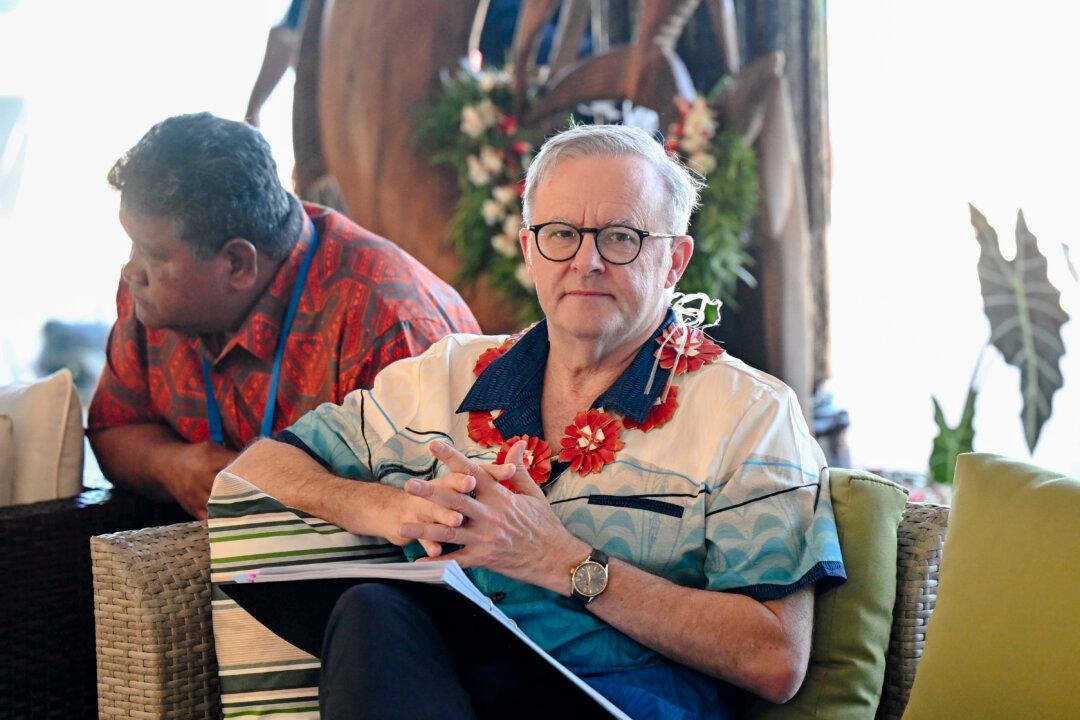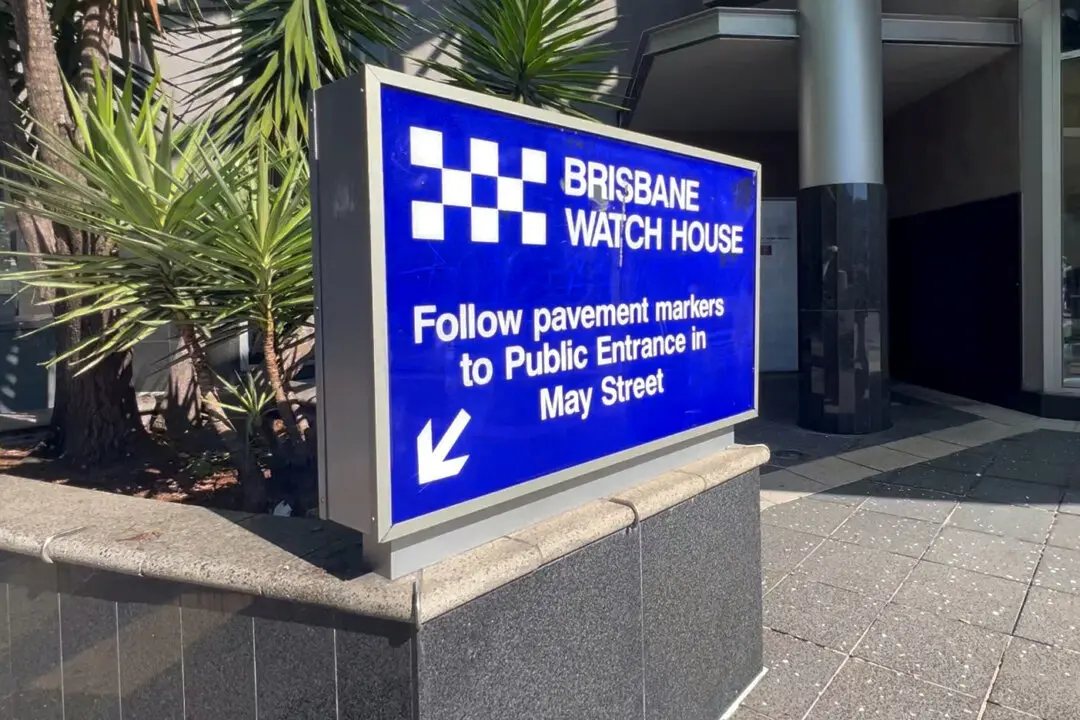Australian Prime Minister Anthony Albanese has suggested that a New Zealand journalist needs to “think about their own ethics” after recording and publishing what he says was a private conversation between himself and a U.S. official.
Albanese was in Tonga’s capital, Nuku'alofa, this week for the Pacific Islands Forum leaders meeting where he spoke to his “good mate” U.S. Deputy Secretary of State Kurt Campbell.





